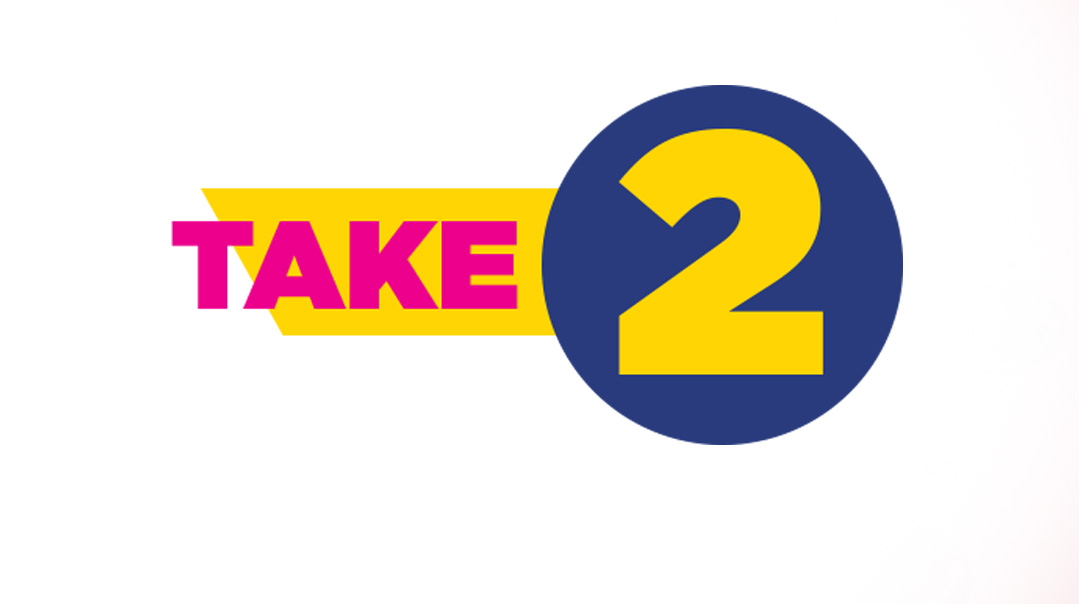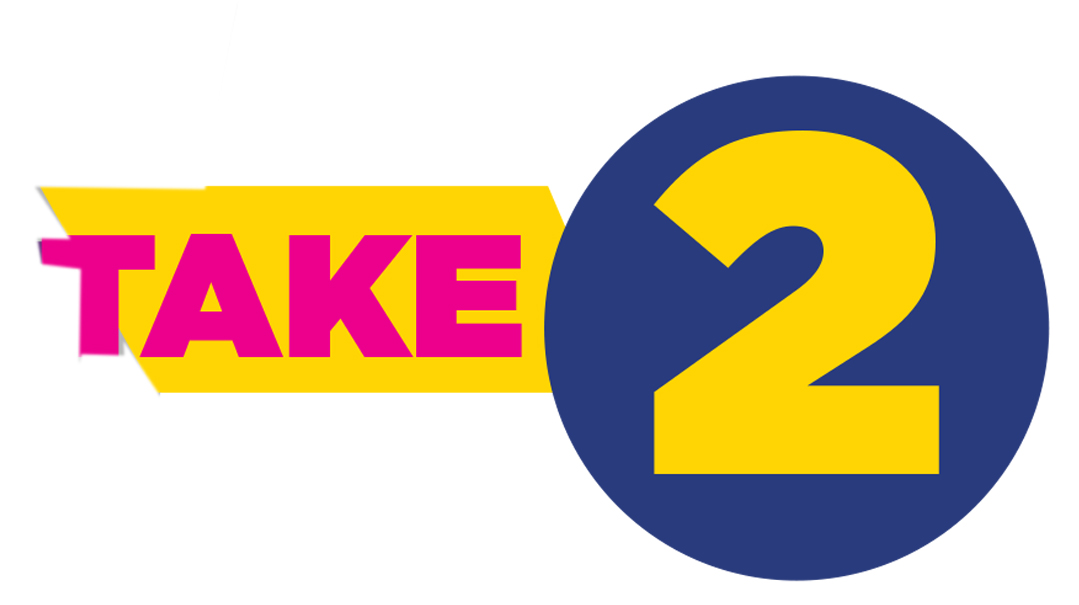Miriam and Golda
| May 23, 2023I’m having a really hard time forgiving her, and I’m too embarrassed to talk to her about the conversation I overheard

Miriam’s Take
HI, my name is Miriam. I’m 13 years old and in seventh grade. I’ve always gotten along really well with my friend Golda, but something awful happened this year, and I don’t know how to fix it. I was wondering if you could help me.
For the past two years, Golda and I have been really good friends. We’re not best friends, but I would say we’re close. We’re comfortable and open with each other. We can talk about anything. Or so I thought. Lately, Golda seems to not even want to give me the time of day. When I ask her what’s wrong, if I’ve done something to offend her, she just shrugs and turns away without any explanation. It’s been getting me really down, and I don’t understand why she’s doing it.
I asked Malky, another friend of ours, if she knows why Golda’s giving me the cold shoulder, but she didn’t seem to have a clue. I asked a couple of more girls, and they all had the same reaction. I wish Golda would just be open and say what’s wrong so I don’t have to wonder and obsess over why she’s being so unfriendly to me.
There’s only one thing I can think of that might have made Golda really upset with me, but it isn’t my fault. We both tried out for the lead in the school play, but I got the part, which I’m really psyched about. Golda seemed happy for me at the time. She was smiling and saying that if she wasn’t playing the lead, she was glad I was. I thought that was really sweet of her. But since around that time, I’ve noticed she hasn’t been acting the same.
Should I talk to her about it? I don’t want to bring it up and assume that’s the reason she’s upset with me, because let’s say it isn’t, and then I accuse her of being sore at the fact that I’m playing the lead and she’s not? It’ll just be really awkward. But then again, I do think that may be the reason she’s stopped being my friend. What do you think? Should I talk to her or should I not?
Golda’s Take
HI, My name is Golda. I’m having a hard time with one of my friends named Miriam. She’s always been nice and one of my close friends for the last few years, but she’s done something that I don’t even think she knows about, and I can’t get over it.
We both tried out for the lead in the school play. We both sing, we both dance. I’d say we were neck-and-neck in our chances of getting the lead. When Miriam did get the part, I understood why and I wasn’t mad. I was disappointed, for sure, but I was happy for her. I knew how badly she wanted the part, and I was happy at least one of us got it.
That is, until I overheard her talking to our classmate, Esti.
We were all backstage, warming up for rehearsal, when I couldn’t help overhearing a conversation Miriam was having with Esti. They weren’t talking loudly but their voices reached my ears without them even realizing. And you can’t imagine how much I wish I didn’t hear what they said.
“Isn’t it such a relief that we’re playing the two biggest roles?” Miriam asked Esti with a superior-looking grin. “This play would have been a real flop if the right people didn’t get the main parts.”
“I so agree,” Esti answered. “I was thrilled when Mrs. Ginsburg picked you. Let’s face it. There was really no competition.”
“I can’t argue. I kind of knew I was getting the part. After auditions, it was pretty obvious there weren’t many people to choose from.”
Listen. I know they didn’t come right out and say it. But in my heart, I knew Miriam was referring to me. Maybe I shouldn’t have jumped to conclusions and I should have given her the benefit of the doubt, but only three girls tried out for the main part and one of them did her audition the day after ours. So let’s be real, who else could she be talking about?
I guess I’m just really hurt. And insulted. I know I’m just as talented as she is, and knowing what she thinks of my singing and acting skills makes me upset. I don’t like the stuck-up attitude she has.
At the end of the day, she is my really good friend. Everyone has faults and I can’t be mad at her forever, but I’m having a really hard time forgiving her, and I’m too embarrassed to talk to her about the conversation I overheard. It would make me seem like a real baby.
How do I let go and just move on?
Mindy’s Take
Dear Golda and Miriam,
This question is super important and touches on so many various aspects!
Interestingly enough, none of those are actually play related :)!
- Communication
- Bearing grudges
- Judging favorably
- Jealousy
- Self-confidence
That’s pretty heavy for one dilemma! I think this one wins the cake for including the most variables!
Let’s start with the cold shoulder. We all know that open communication is best, and yet very often we withdraw instead of communicating. Why?
We are scared! We are petrified! We’re not scared of getting physically hurt, we’re scared of rejection. We’re scared of making ourselves vulnerable and then having someone either deny our feelings or make us feel inferior or bad for having them. If we use “I-messages” and ask questions that show empathy, respect, and the ability to listen, then we don’t need to fear the reaction as much.
So Miriam, if you would go over to Golda and say, “I feel sad. I miss you. Did I do anything to hurt you?” Golda would be more likely to answer you honestly or at least try to amend the relationship.
Accusatory statements will have the opposite affect and cause our friends to attack back. For example, if Miriam were to say, “Golda, I don’t know why you’re snubbing me out. It’s not my fault that I got the main part and not you.”
Sometimes we’re shy about engaging in open communication. If that’s the case, we should practice what we are going to say to make ourselves feel more comfortable and confident. If it’s still too hard, you can resort to writing a letter following the rules of honest, open communication with “I-statements.”
Golda, the same rule applies to you. Here I will add the judging favorably aspect and again to recommend open communication. It is very hard to tell a friend that we were hurt by them, but when we allow ourselves to open up in that way, we give our friends an opportunity to explain or apologize or make it up to us. I would say that’s a worthwhile exchange.
Golda, I would like to address your closing question of how you can let go and move on. I’m sure many individuals of all ages have had this question and would be thrilled to have an answer!
Unfortunately, there is no quick fix. The ability to forgive and forget, to let go and move on, is something that must be cultivated and worked on.
It starts with working on our own emunah, the knowledge that everything that happens to us comes from Hashem and is meant to be, even if it came through a person. No person has the ability to harm another person unless Hashem wants it to happen. The good news is that if we talk enough with the correct messages, we will eventually internalize these valuable truths. Like when we tell ourselves constantly: “It’s okay, it’s bashert, everyone makes mistakes, she didn’t mean it. There are so many other good qualities that she has. Maybe she wasn’t talking about me. I also make mistakes. I can forgive her. This is not worth losing a friendship over.”
When we bear grudges or hold on to negative thoughts and emotions about another person, the one we are harming the most is ourselves.
The clearest example is with jealousy. Let’s say my friend got a stunning diamond bracelet, and I don’t have one. I can feel jealousy that my friend got a better grade on her test, bigger part in the play, nicer figure, a new bracelet, and an overall “better” life.
I can stay home and cry, sulk, complain, and vent about how it’s so not fair that she has everything so much better than me. The more I do that, the worse my mood will be, and at the same time I am not changing the reality at all. My friend will still walk around with the stunning bracelet, better figure, and “better” life.
Part of our life’s work is to notice and appreciate the good in our lives and to choose to live a joyful and positive life. Yes, this is a choice we make — it is not dictated by our life’s circumstances. It’s not an easy mission but if we are commanded to live life with simchah, then we know it’s possible and very, very worthwhile. We all must make a conscious choice to focus on the good in ourselves, in others, and in our relationships. To make it a personal mission to hold on to the positive thoughts and feelings we have, and to constantly show gratitude for them, while at the same time minimizing and letting go of the negative annoyances that come up.
Hatzlachah rabbah!
(Originally featured in Teen, Issue 97)
Oops! We could not locate your form.



